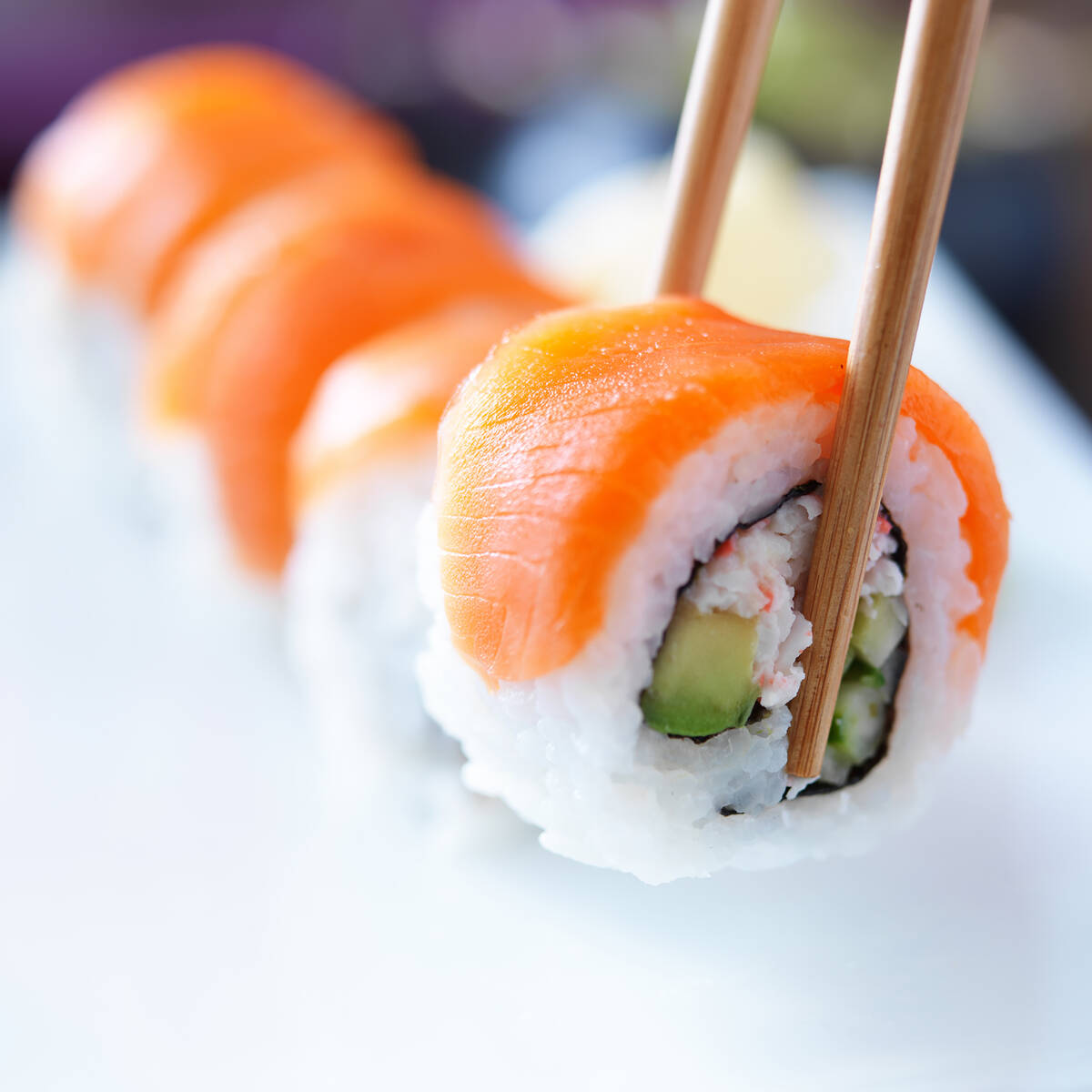Can practicing mindfulness lead to more healthy dietary choices?
High blood pressure, or hypertension, is a leading cause of cardiovascular disease and leads to an estimated 10.8 million avoidable deaths every year
According to a recent report by the World Health Organization, high blood pressure is one of the most important risk factors for early death worldwide. However, it’s also highly preventable and treatable through a heart-healthy diet and the proper medication.
While the numbers are staggering, health care professionals and dietitians can create heart-healthy diet plans and encourage exercise regimens. They cannot simply reach in and change a person’s mindset towards compliance, however. This step of the process involves a form of mental self-discipline known as mindfulness. This is the practice of focusing attention and awareness on every action and decision made throughout the day.
A study published in the medical journal JAMA Network Open reveals participants who attended courses on mindfulness and applied those principles to their daily lives showed significant reductions in blood pressure and other symptoms compared with a control group who only followed a heart-healthy diet plan. The study’s results suggest a link between active mindfulness activities such as yoga, meditation and self-awareness exercises and improved cardiovascular health.
“Participants in the program showed significant improvement in adherence to a heart-healthy diet, which is one of the biggest drivers of blood pressure, as well as significant improvements in self-awareness, which appears to influence healthy eating habits,” says lead study author Eric B. Loucks, an associate professor of epidemiology, behavioral and social sciences and director of the Mindfulness Center at Brown University.
How can you be mindful in your everyday life, especially when it comes to food? There are a number of factors to consider each day that contribute to food awareness and our health.
Mindfulness in the kitchen
Working in a busy commercial kitchen requires a great deal of mindfulness, from consistent food prep to deliberate “touch” cooking to time management. These same principles can apply to home cooking, and the practice of mindfulness has a definite effect on all aspects of meal preparation. There is a reason why many home chefs find cooking to be a good stress reliever and a healthy distraction.
For example, no other form of food preparation represents mindfulness as much sushi preparation. Every step of the process is designed to be performed with focus and attention to detail. The art of sushi begins with the proper sushi rice, a skill that professional sushi artists literally spend years perfecting.
The ingredients for sushi are carefully prepped and arranged in a mise en place for maximum efficiency. This same practice can easily be applied to other meal preparations in a busy household. Heart-healthy diets depend on portion control and careful preparation, so mindfulness in the kitchen is an important skill to develop.
Mindfulness at the dinner table
Portion control is an important component of a heart-healthy diet, but many people tend to put oversize portions on their plates or eat without mindfulness. Mindful eating habits include savoring every bite and deliberately focusing on the flavors and textures of each dish. Again, sushi is a perfect example of mindful eating. By trying different types of rolls, such as an Alaska roll or a Las Vegas roll, these different flavor palettes encourage diners to take one bite at a time and experience a burst of flavors.
Putting down the fork, spoon, or chopsticks between bites is also a form of mindful eating. Instead of treating mealtime as a race against time, diet-conscious people should learn to listen to their bodies and recognize the signs of fullness. Putting smaller portions on the plate is also a mindful act, as is breaking the habit of adding unnecessary salt or other seasonings. If the dish is prepared correctly and to taste, there shouldn’t be a need to add more sodium to a heart-healthy diet.
Mindfulness throughout the day
Loucks said the study helps explain the mechanism by which a customized mindfulness training program adapted toward improving diet can affect blood pressure.
“Improvements in our self-awareness, of how different foods make us feel, of how our body feels in general, as well as our thoughts, emotions and physical sensations around eating healthy as well as unhealthy food, can influence people’s dietary choices,” he explains.
Grazing throughout the day on unhealthy snack foods or sugary beverages is also a habit that can be broken through mindfulness. Instead of reaching for a bag of salty potato chips or drinking a caffeinated soda, cravings can be managed through brief meditation or exercise. Many people eat unhealthy snacks out of boredom, so becoming more engaged with the world around them often reduces the need to fill a void.
Reducing blood pressure and losing weight cannot be achieved through medication and diet alone, however. Finding ways to de-stress or release excess energy is just as important for overall well-being.















